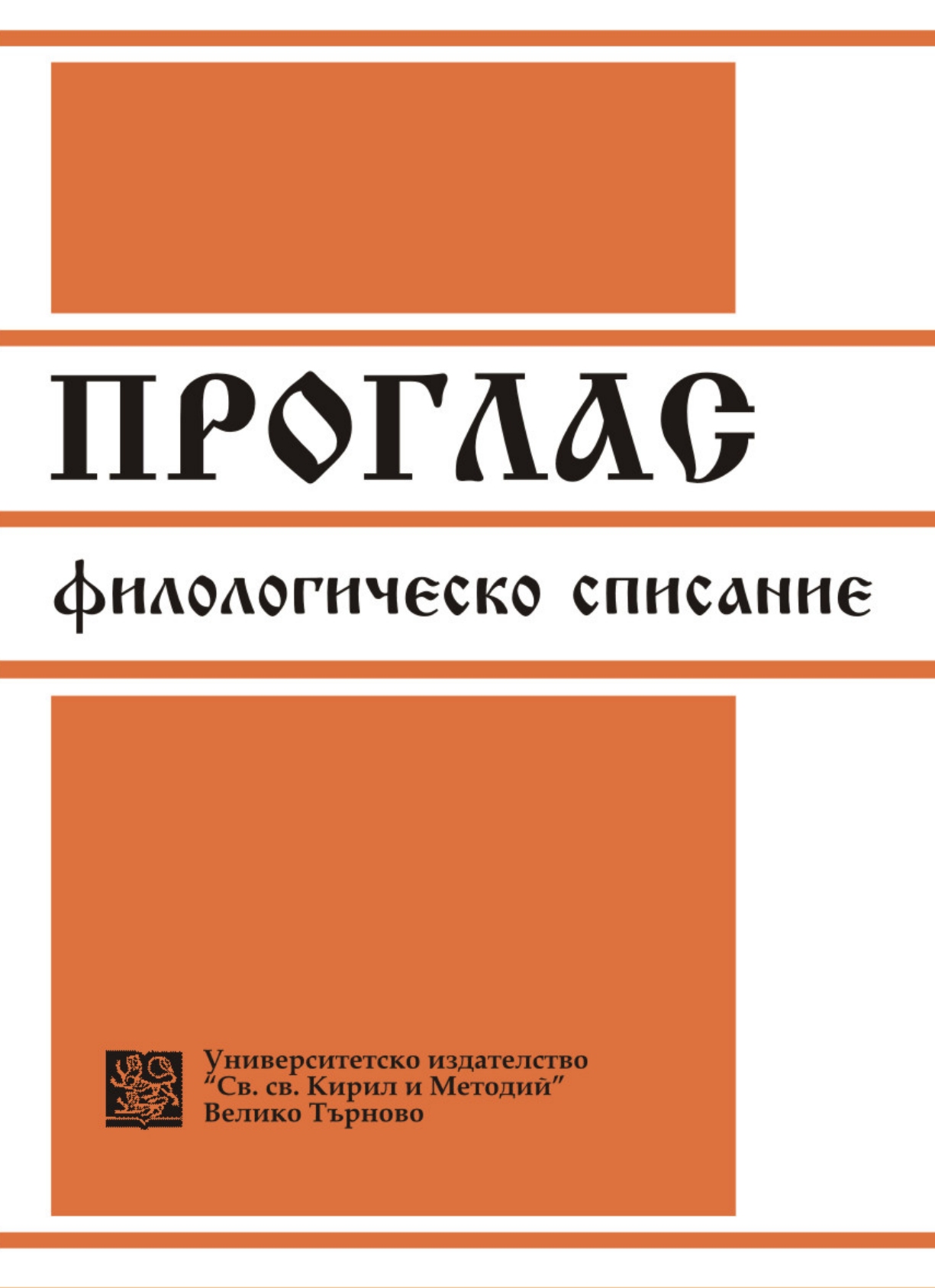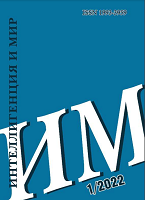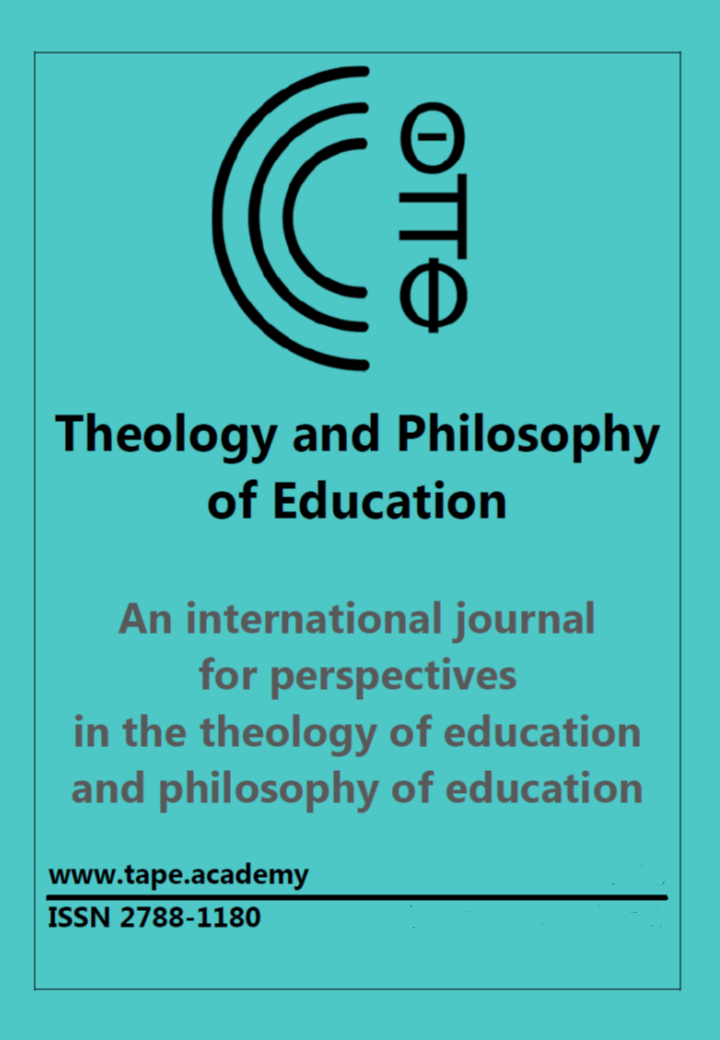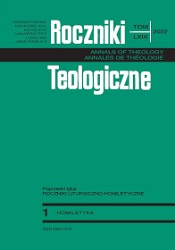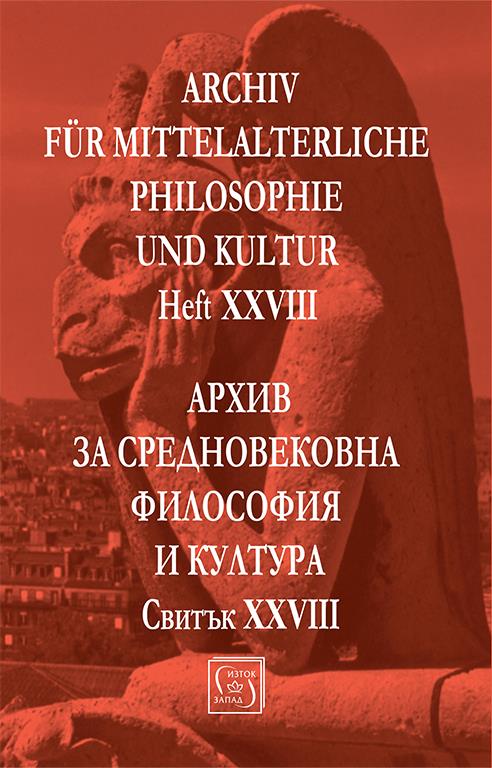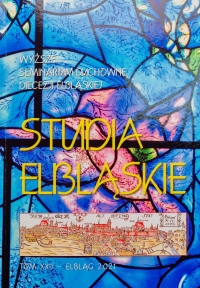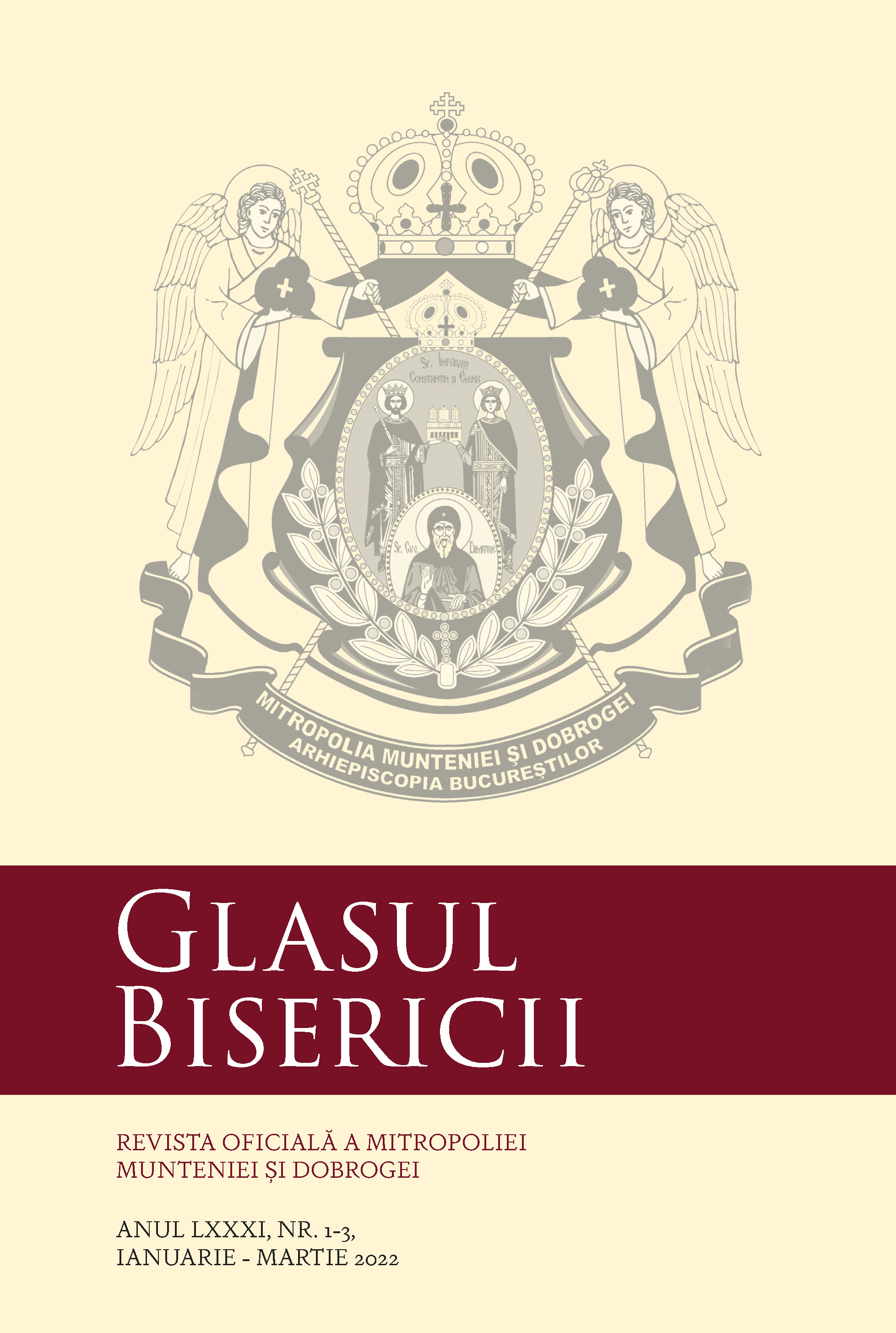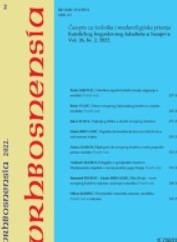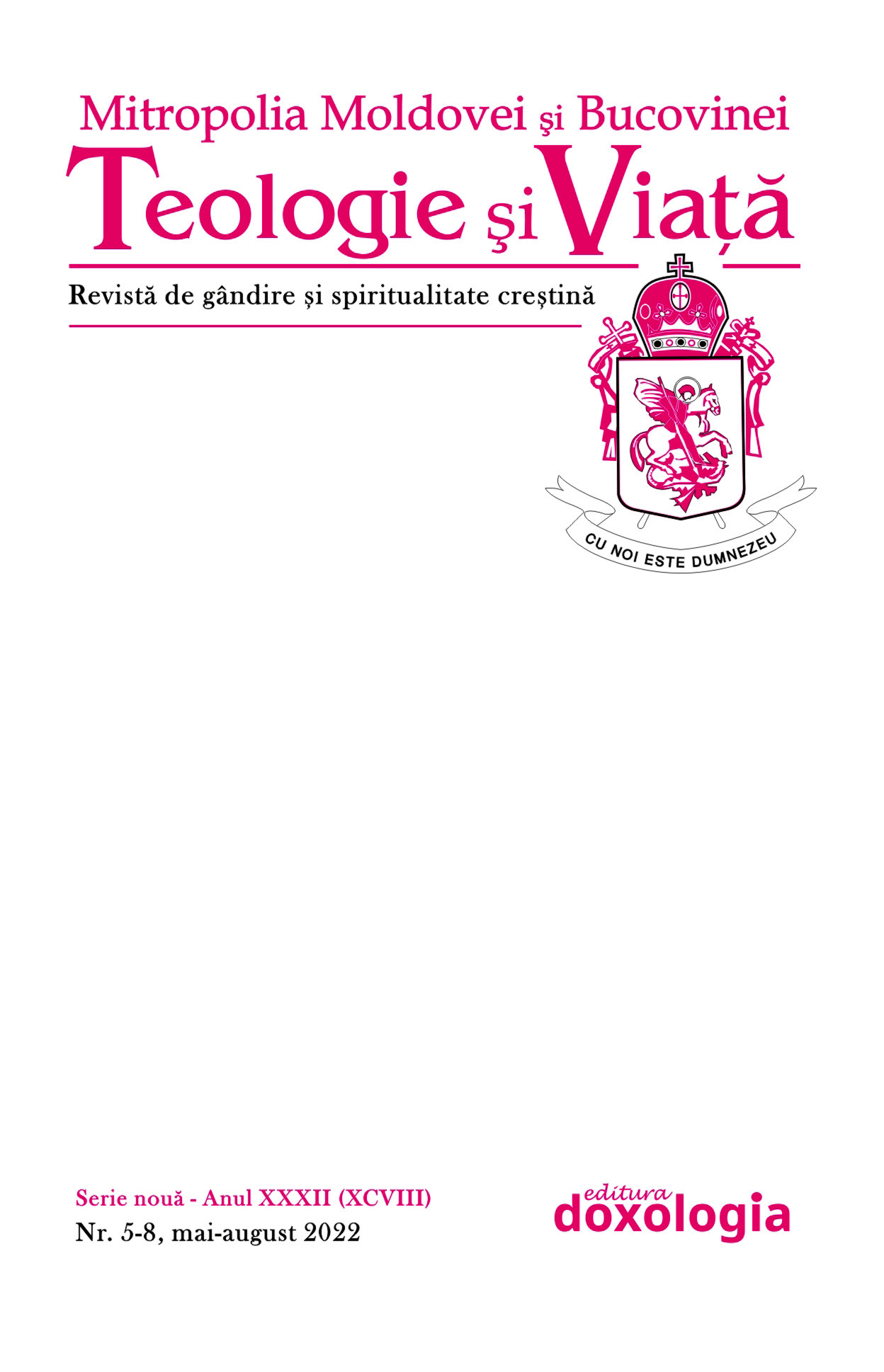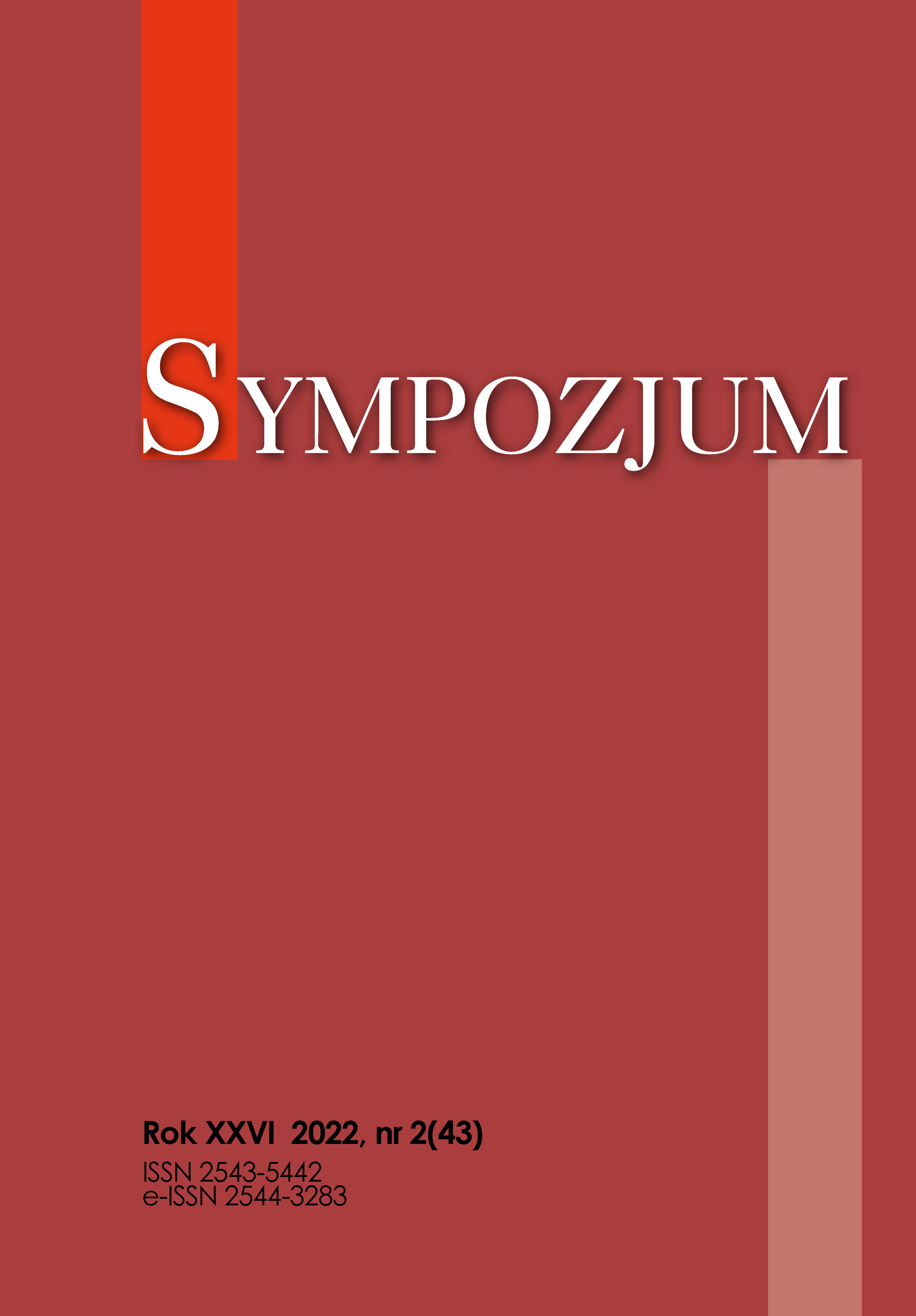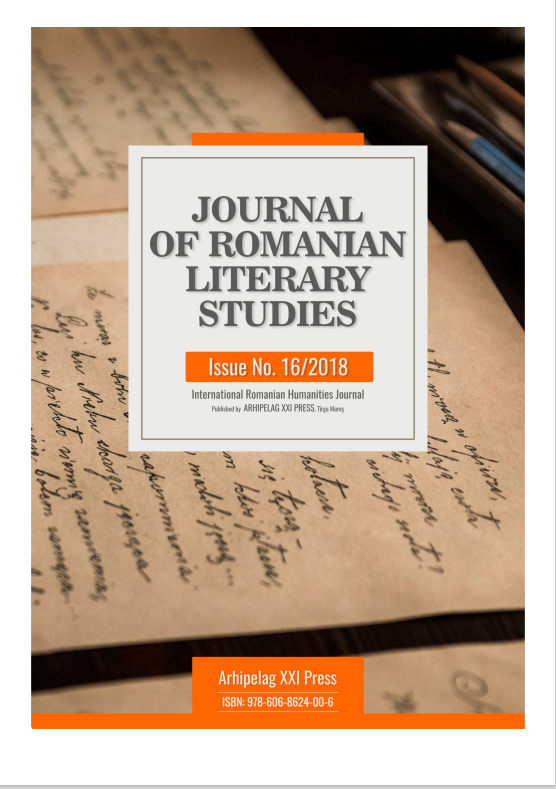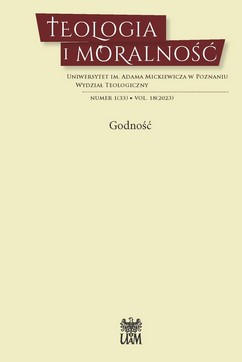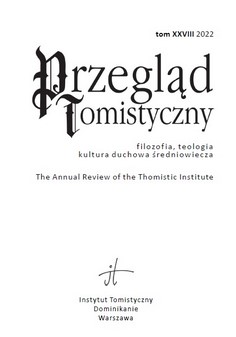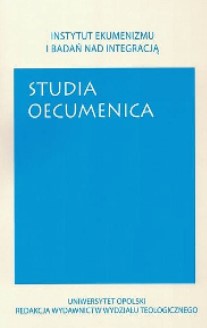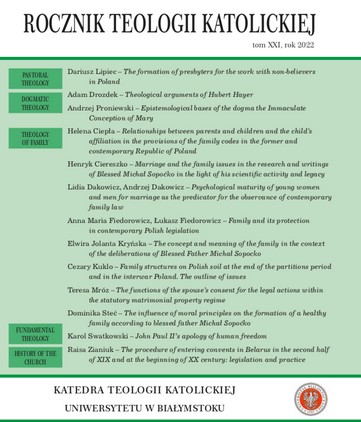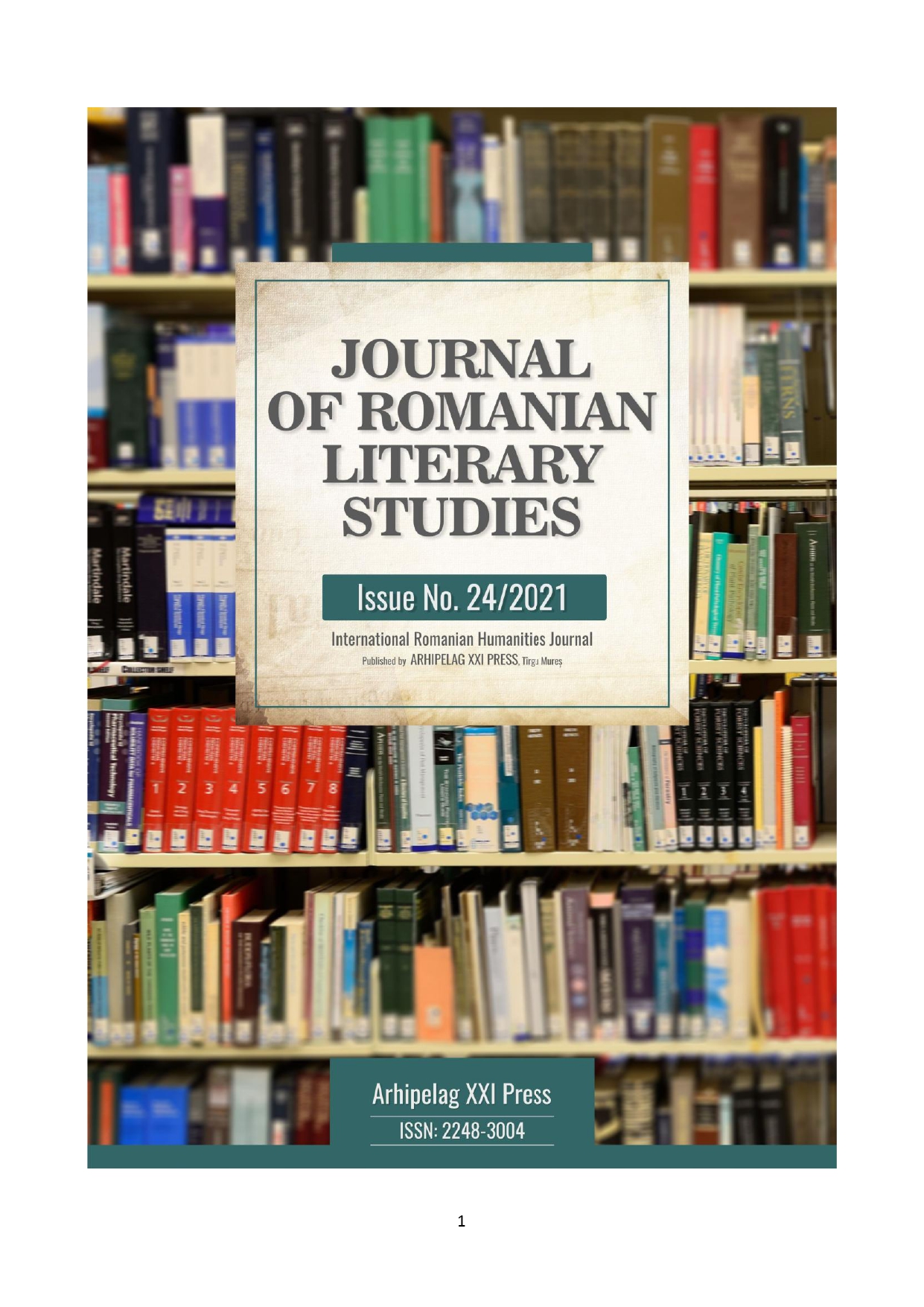Author(s): Elwira JOLANTA KRYŃSKA / Language(s): English
Issue: 1/2022
The thematic scope of the article is related to the re-edition of the book by Fr. Michał Sopoćka, entitled – Family in legislation in the Polish Lands (Ethical and legal study), published in Vilnius in 1926. This is the published version of the doctoral dissertation on the basis of which Fr. Michał Sopoćko, received a doctorate in theology on March 1, 1926. The article does not pretend to be a comprehensive study of the issue contained in the title, it is only an attempt to draw attention to the topicality of the issue of the family raised by Fr. Sopoćko in his doctoral dissertation and the need to continue this issue in the context of legislation and ethics, and Christian morality. The reference to the family theory of Fr. Michał Sopocko – a zealous priest, theologian, social worker, servant of God, it is all the more justified that in the era of strong ideological, worldview, propaganda and ideological tendencies against the national and Christian culture, the 20th / 21st century family found itself in the face of difficult problems – there is even talk of a family crisis. Formerly hidden are coming to light: violence, harassment on various grounds, psychological torment, and even sexual violence against children, incest and crimes of infanticide. Hence, the reference to the Christian model of a family created on the basis of a humanistic approach to human existence is becoming particularly important today and – perhaps – most needed by people. It allows us to strive for the place and right of existence of the Christian vision of the world, the image of man and the Christian system of values in the public space. The more so because Fr. Michał Sopoćko, as an apostle of the truth and worship of Divine Mercy, recognized the truth about man, marriage and family on the basis of the intellectual tradition of personalism and Christian culture. Father Michał Sopoćko pointed out that without the family, its concern for education and service to life, there is no development of the nation and the Church.
More...
